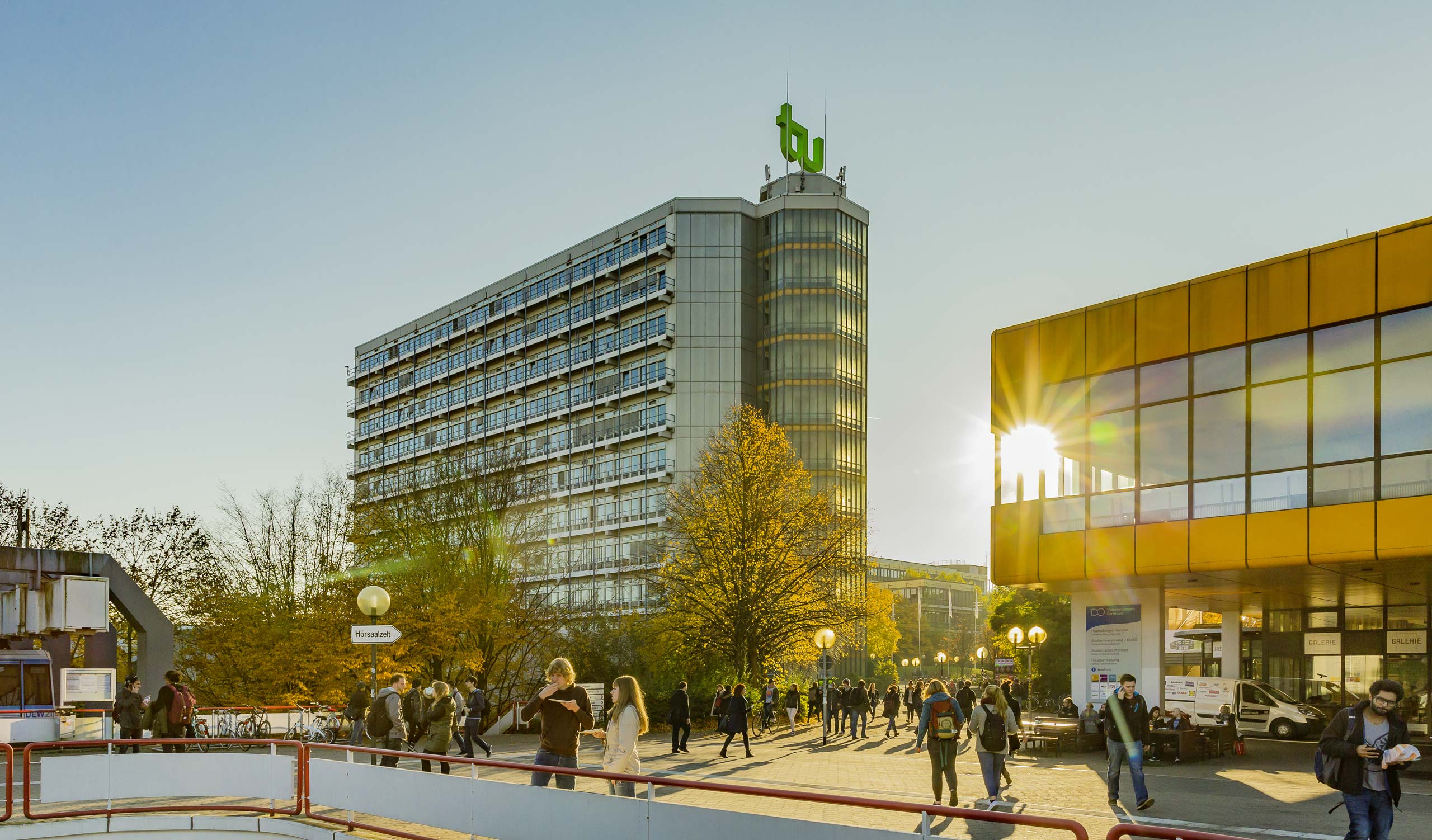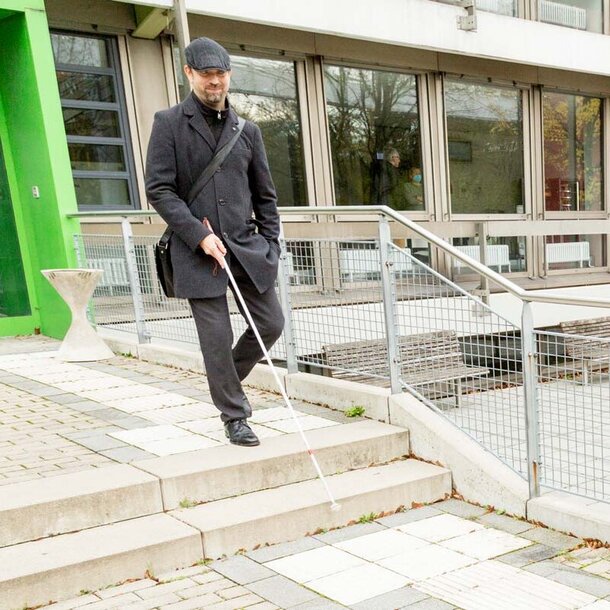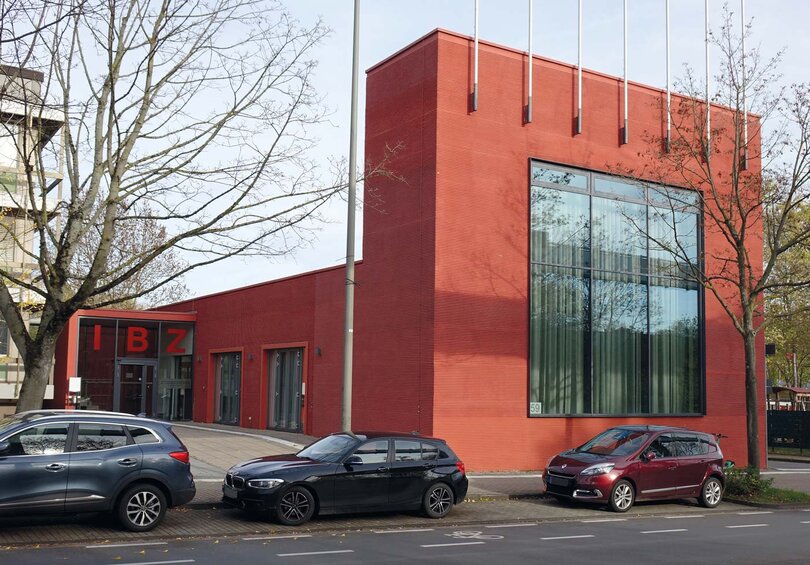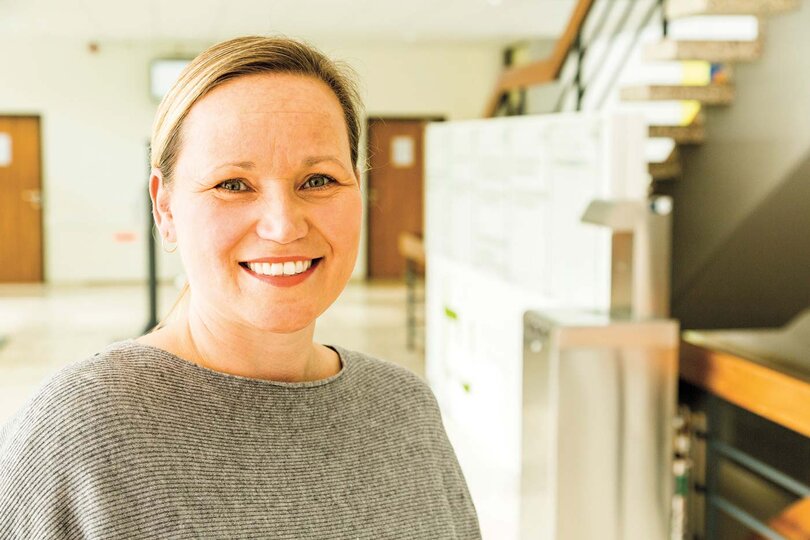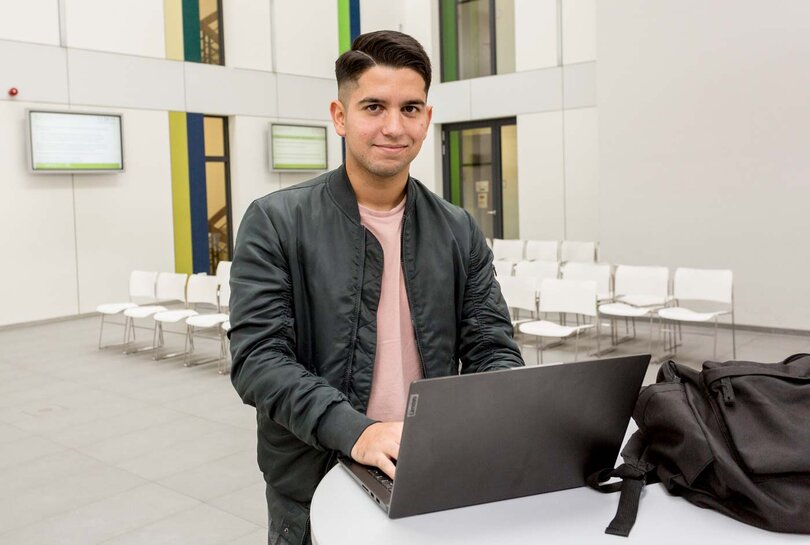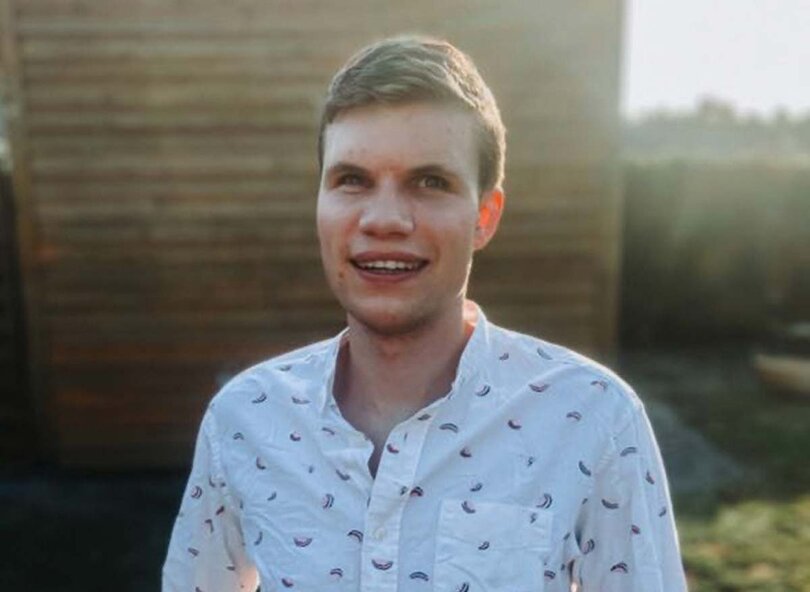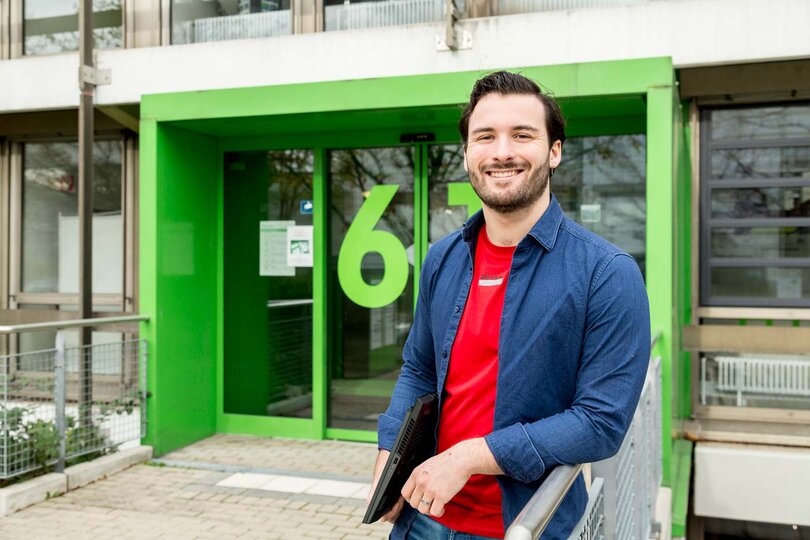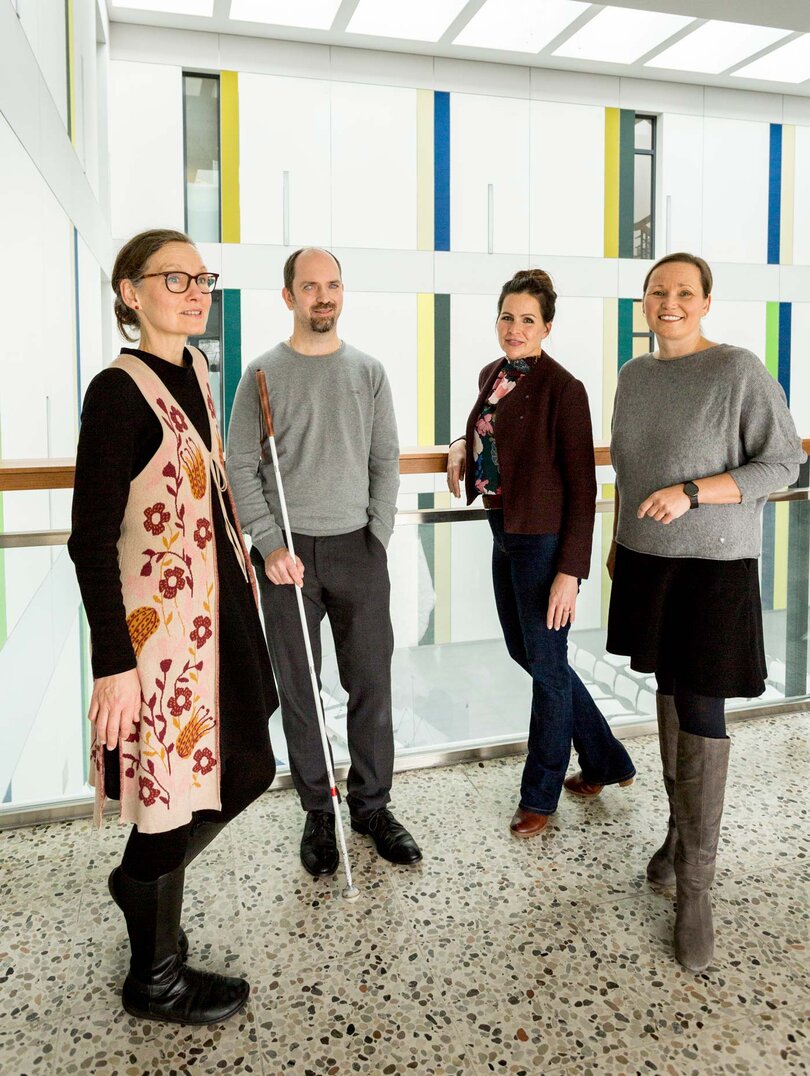Good news
«It is and always will be exciting. And I’m saying this after 20 years with the International Office and as many years working with Erasmus,» says Silke Viol with a smile as she welcomes us into her office on the second floor of the Central Student Advisory Service building at TU Dortmund University’s North Campus on this Tuesday morning. The Erasmus+ Institutional Coordinator and Deputy Director of International Office tells us she has just been speaking to her colleague Laura Hope, who is responsible, among other things, for advising students about study abroad options. «This year, we have reached the highest level of mobilities since we first participated in the programme in 1987. In the area of student mobility for study and traineeships abroad, we can report a steady annual increase.»
